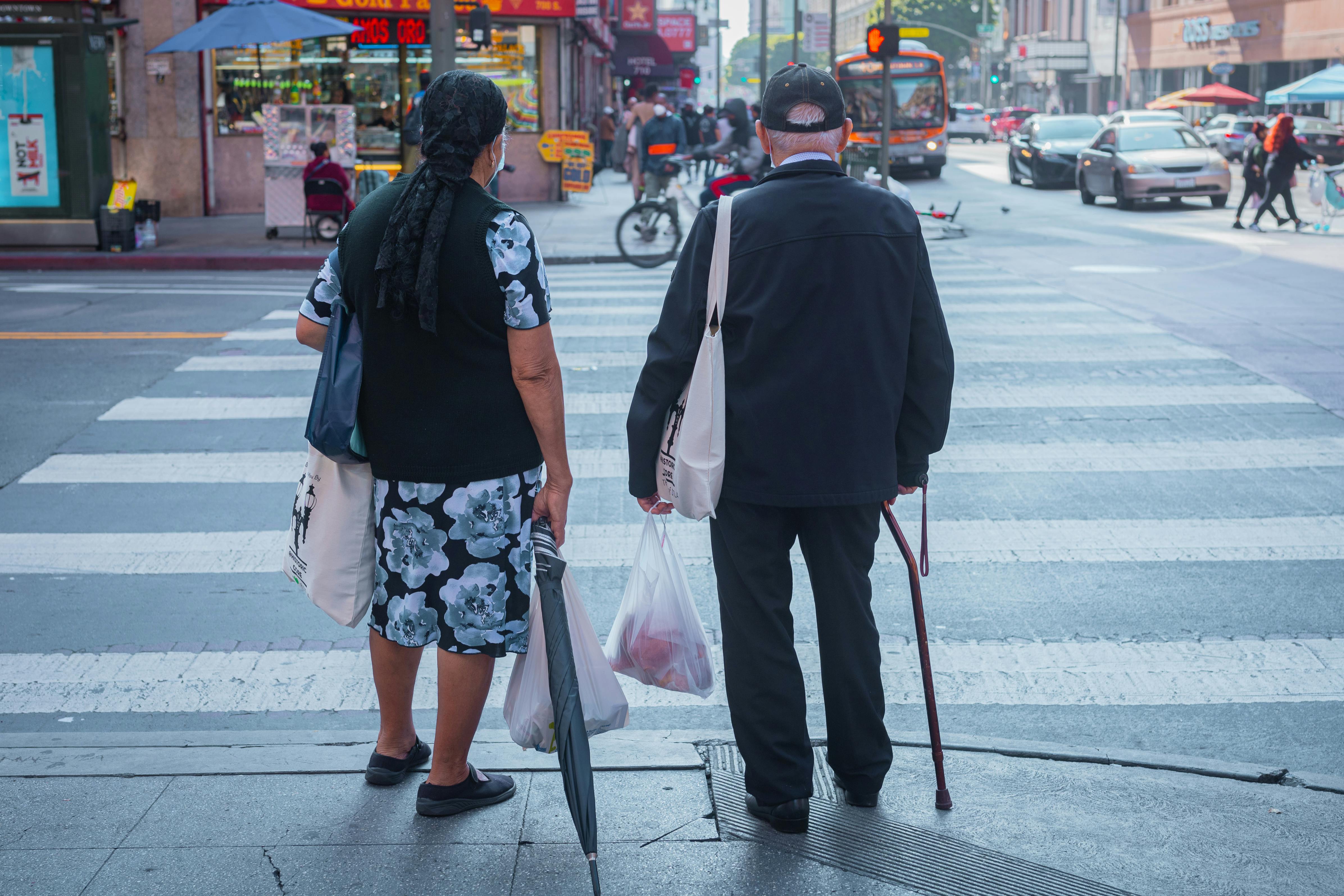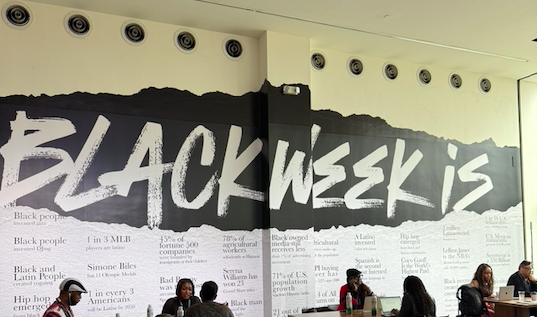UCLA Researchers Launch Dashboard to Track Climate and Health Risks in Latino Neighborhoods
New dashboard documents how climate change disproportionately impacts Latino neighborhoods across California

UCLA's Latino Policy & Politics Institute launched the first comprehensive digital tool to document how climate change disproportionately impacts Latino neighborhoods across California. The Latino Climate and Health Dashboard reveals stark environmental health disparities that are affecting millions of residents throughout the state.
The dashboard covers 23 counties representing over 90% of California's Latino population, providing county-specific data that compares Latino-majority neighborhoods with predominantly white, non-Latino neighborhoods. Their findings paint a troubling picture of environmental inequality: Latino communities experience an average of 23 additional extreme heat days annually and face double the rates of poor air quality compared to non-Latino white neighborhoods.
These environmental burdens translate directly into health consequences. Latino neighborhoods report twice as many asthma-related emergency room visits. The disparities are compounded by infrastructure challenges, including limited tree canopy coverage, older housing with poor ventilation, and higher concentrations of outdoor workers who face increased heat exposure.
How are communities impacted?
- Extreme Heat: Latino neighborhoods experience 23 more extreme heat days than non-Latino white neighborhoods.
- Air Pollution: Latino neighborhoods are 2x more likely to be exposed to poor air quality than non-Latino white neighborhoods.
- ER Visits: Latino neighborhoods visit the emergency room for Asthma-related issues twice as often as non-Latino white neighborhoods.
The dashboard's findings align with research published in January 2025 by UCLA researchers Chhandara Pech, Silvia R. González, and Albert Kochaphumon about wildfire vulnerabilities in Latino communities. This study examining the Los Angeles wildfires found that at least 74,000 Latinos were at risk of displacement, with Latino neighborhoods already experiencing twice the exposure to diesel particulate matter compared to white neighborhoods.The research revealed that Latino residents are nearly three times more likely to work in outdoor industries such as construction and landscaping, making them particularly vulnerable during wildfire events when air quality deteriorates and work becomes unsafe.
Developed with guidance from climate justice and public health experts, this initiative launched at a critical time when federal environmental regulations face potential rollbacks. The research team emphasizes that these disparities are not coincidental but reflect systemic patterns of environmental racism that have concentrated pollution and climate risks in communities of color.
Since the dashboard was published in June 2025, the UCLA Latino Policy & Politics Institute has presented this data in both virtual and in-person formats, resulting in coverage in the Los Angeles Times. The initiative aims to empower local advocates, policymakers, and community organizations with accessible data to drive policy changes that address these longstanding inequities in environmental health outcomes.
UCLA LPPI. “Climate Change and Health Factsheets, Los Angeles County, Air Pollution.” Latino Climate and Health Dashboard. June 2025. latinoclimatehealth.org.
.png)





